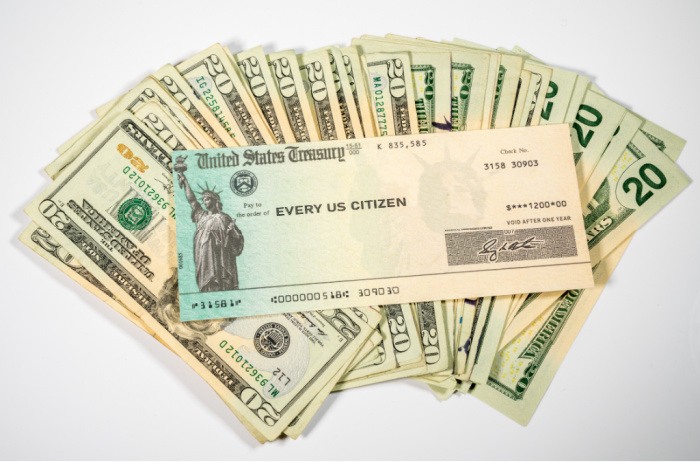Here’s What You Need To Know Before Filing Your 2020 Taxes
A new year means tax filing season is just around the corner.

Although, since last year was such a s*** storm, you might be wondering just how much tax filing will be different.

Well, I’ve got you – Here’s What You Need To Know Before Filing Your 2020 Taxes.

What You Need To Know Before Filing Your 2020 Taxes
First off, you can file your taxes anytime but The IRS will begin accepting federal tax returns on Friday, February 12.
This means that tax returns won’t begin processing tax returns until this date.
When are taxes due for 2020?
You must file and pay any remaining federal income taxes you owe for 2020 by the traditional due date of April 15, unless you file for an extension.
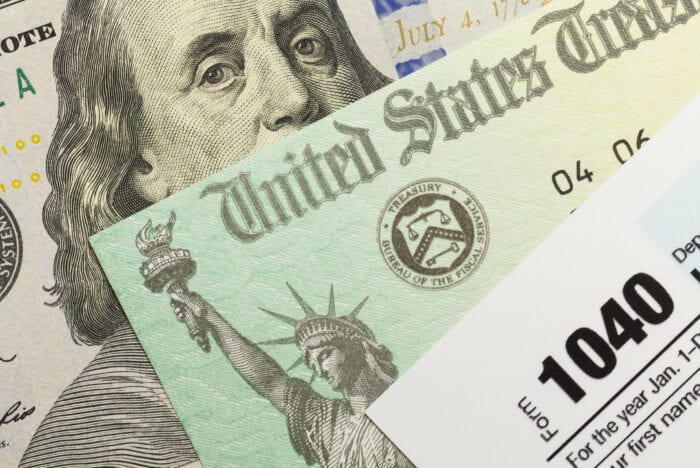
When can I expect my refund?
Typically refunds are issued within 21 days of the IRS receiving your return.
However, the IRS says the fastest way for you to receive yours is to file electronically and choose direct deposit.
To better assess when yours might arrive, you can check the IRS tool “Where’s My Refund?” either within 24 hours of when the agency indicates it has received your e-filed return or four weeks after you mailed in your paper return.
Now what the big differences are this year surround the stimulus checks so, here are some common questions and answers…

Are my stimulus payments taxable?
No. The money is tax-free.
However, for people who are eligible for the money but didn’t receive it — they will be able to receive the money owed them via their federal tax return so long as they claim the refundable Recovery Rebate Credit.
That credit will reduce your income tax liability dollar-for-dollar. And to the extent the credit exceeds your tax liability, you’ll get the remainder as a refund.
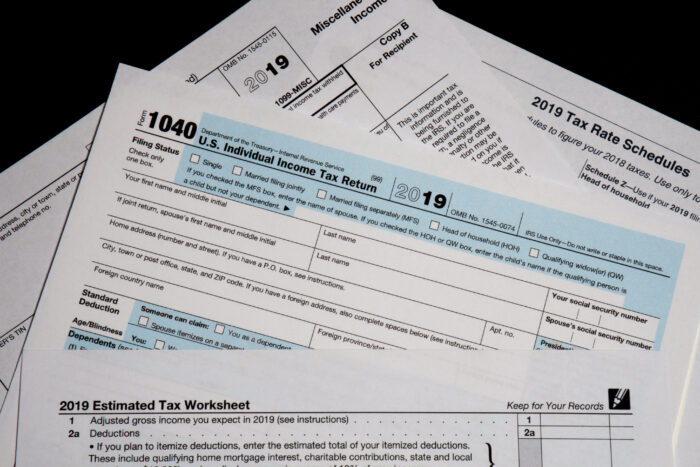
Are unemployment benefits taxable?
Yes. Unemployment compensation is treated as taxable income, both by the IRS and by most states. (The exceptions are Alabama, Alaska, California, Florida, Montana, Nevada, New Hampshire, New Jersey, Pennsylvania, South Dakota, Tennessee, Texas, Virginia, Washington and Wyoming.)
If you didn’t opt to have any income tax withheld from your unemployment payments during the year, the full tax bite will be assessed when you file your return.
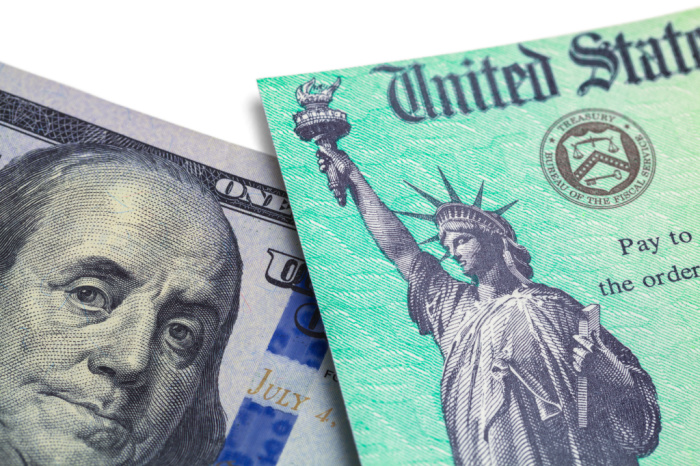
What other pandemic-related tax changes should I know about?
Congress made a number of changes to tax benefits, such as the Earned Income Tax Credit, or created new ones for individuals and small business owners to provide pandemic relief.
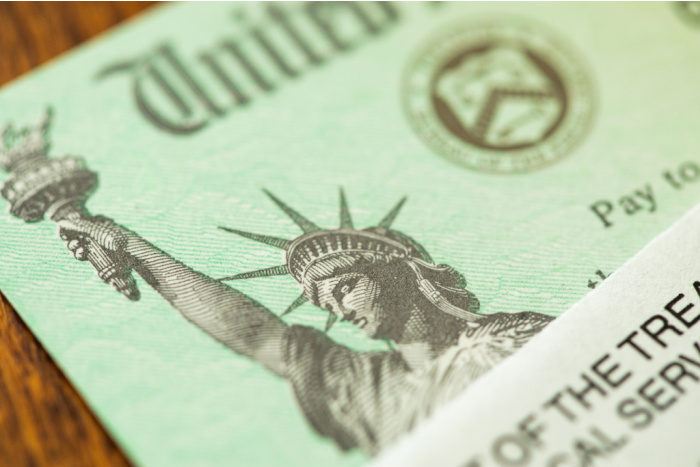
Small business owners who received a tax-free, forgiven loan from the Paycheck Protection Program may still deduct the businesses expenses they paid for with their loan money.
Individuals who take the standard deduction may now take a new charitable deduction even though they are not itemizing.
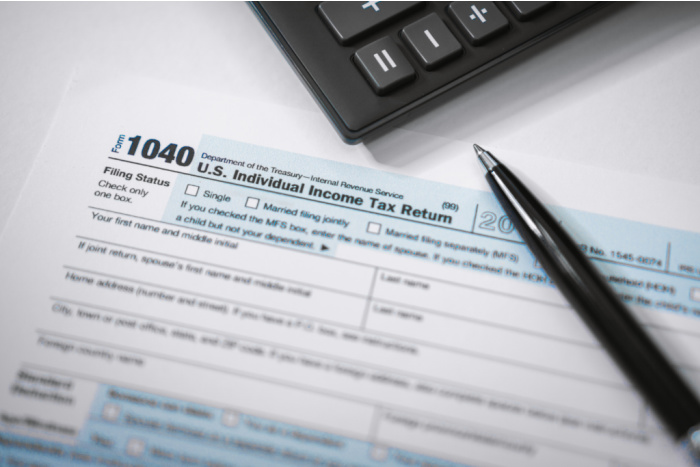
Eligible self-employed people may claim a new sick leave and family leave tax credit that was created by the Families First Coronavirus Response Act.
Oh and make sure you have IRS notice 1444 because you will need to report that on Line 30 on your tax form. That’s the line on Page 2 where you claim the “Recovery Rebate Credit,” aka stimulus payment.
If you don’t have the form, you can go onto the IRS website here and enter your information to receive the amount you need to put on your taxes.
